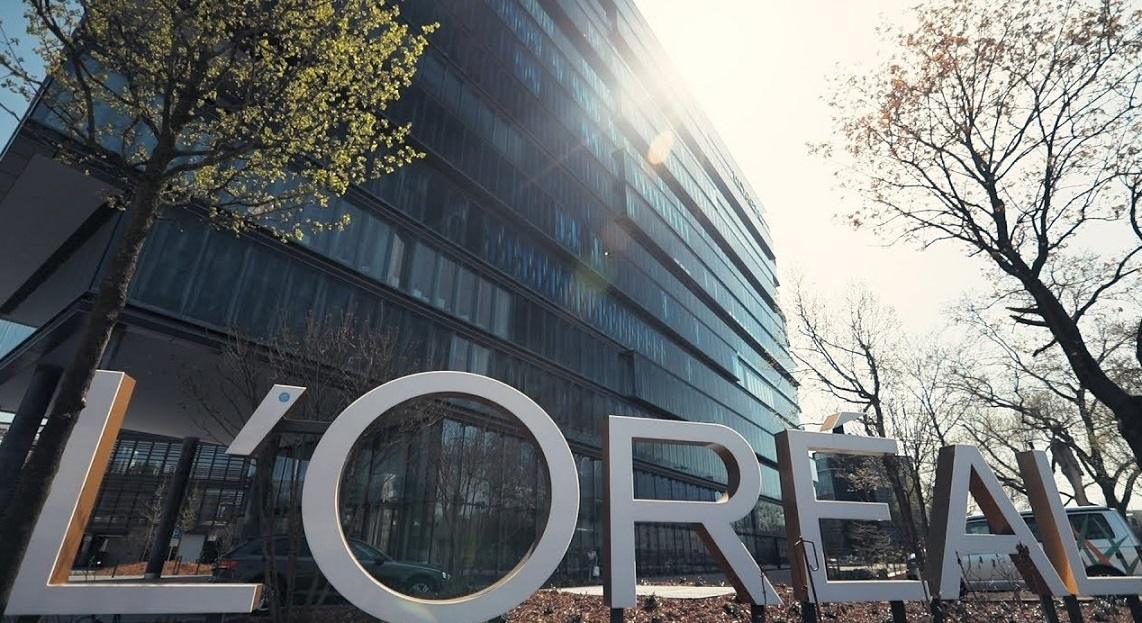bp Ramps Climate Goals, Extending Net Zero Ambition to Energy Products
Energy giant bp announced plans today to significantly ramp its energy transition-focused investments over the next several years, along with the unveiling of more extensive and ambitious emissions reduction goals.
The announcements were made as part of a strategic update released along with bp’s Q4 2021 results. bp launched a long-term strategy in 2020 to transform itself from an international oil company into an integrated energy company, with goals to reduce oil and gas production over time while increasing investments in low carbon energy sources. In today’s update, bp announced new targets towards these goals, including increasing the proportion of its total capex in ‘transition growth businesses’ to more than 40% by 2025 and around 50% by 2030.
Bernard Looney, bp Chief Executive, said:
“Over the past two years we have set a new purpose, direction and strategy for bp, and completed the largest re-organisation in our history. With this period of change fully behind us, we are now solely focused on driving value through the safe, efficient delivery of our strategy.
“We enter 2022 with growing confidence. The past two years have reinforced our belief in the opportunities that the energy transition presents – to create value for our shareholders and to get to net zero. The need for, and role of, an integrated energy company (IEC) has – to our minds – never been clearer. Underpinning all of this is our steadfast commitment to perform while transforming.”
bp’s identified its transition growth businesses as including bioenergy, convenience, electric vehicle (EV) charging, renewables and hydrogen. Some of the company’s key targets in these areas include achieving 50 GW of renewable power capacity and growing its EV charging points network to more than 100,000 by 2030, and investing in five major biofuels projects.
bp also announced a series of emissions reduction targets, most significantly introducing a new Scope 3 goal to achieve net zero lifecycle emissions from the energy products that the company sells by 2050. Product use typically accounts for the vast majority of an oil and gas company’s carbon footprint. The scope of its product emissions goals was also expanded to include physically traded sales of energy products, with the company targeting a 15-20% reduction in the lifecycle carbon intensity of these products by 2030. In addition, bp ramped its interim operational emissions reduction goal to 50% by 2030, compared with an aim of 30-35% previously.
Looney added:
“We are accelerating the greening of bp. Our confidence is growing in the opportunities that the energy transition offers. This allows us to raise our low carbon ambitions, and we are now aiming to be net zero across operations, production and sales by 2050 or sooner – unique among our peers. In a world heading for net zero, we’re best positioned for success if we are also heading for net zero. We believe our ambition is both good business and supports society’s drive towards the Paris goals.”
Investor groups lauded bp’s more ambitious and broadened climate goals. Bruce Duguid, Head of Stewardship for EOS at Federated Hermes and a Lead Engager for investor climate engagement network Climate Action 100+, said:
“In the context of strong financial results, we welcome bp’s strengthening of its low carbon ambitions. In response to engagement, bp has become the first oil & gas major to put in place a triple net-zero target covering each of its operating emissions; upstream energy produced and downstream energy products sold. This is achieved by raising its ambition for net-zero emissions by 2050 from a previous 50% reduction in emissions intensity. We also welcome the improvement in its operating emissions reduction target of 50% by 2030, compared with a previous 30-35% target in line with investor expectations of a 1.5C pathway. We look forward to understanding in detail the strategy by which bp will achieve this.”





